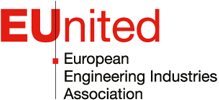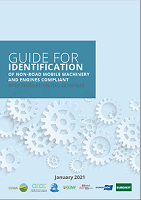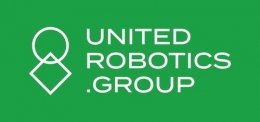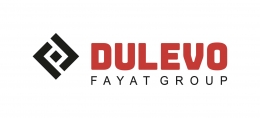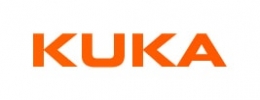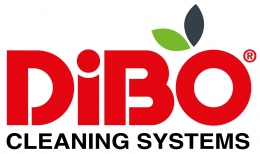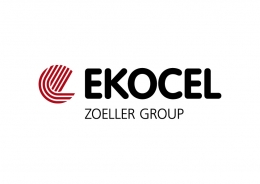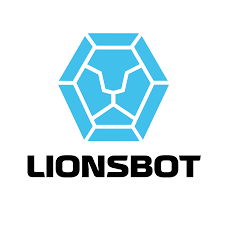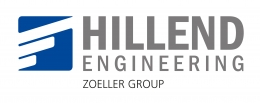Robotics News
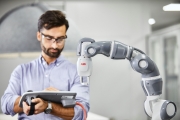
March 2022
Key Trends Shaping Robotics Demand in 2022
With demand for robots growing as companies in multiple sectors look for new ways to enhance their productivity and competitiveness post-pandemic, ABB has compiled a set of growth predictions, looking at key trends driving demand for robots in the coming year. Based on customer conversations, market research and a global survey of 250 companies across multiple industries, ABB has identified three key trends that will shape the demand for robots in 2022.
1. The EV revolution is bringing wholesale changes for automotive manufacturing
With many countries restricting and phasing out the production of combustion engine vehicles over the next decade, the race towards electric cars has accelerated. Manufacturers and their supply chains must tackle the complexity of diversifying into electric vehicles (EVs) alongside combustion-engine vehicles, to meet varying regulatory frameworks governing EV adoption across the globe. The speed and added flexibility needed will see new and established manufacturers move away from traditional linear manufacturing, towards modular, flexible production.
Another major shift will see battery manufacturing brought closer to vehicle assembly, to meet sustainability and regional requirements, which in most cases requires all-new facilities.
2. E-commerce boom will accelerate
Consumer behavior and expectations are driving companies to find new ways to satisfy demand, developing new channels through omnichannel retailing and adapting their production lines and distribution processes to enable personalization of both products and delivery. Fulfilling these requirements has seen thousands of robots installed worldwide where they were not used just five years ago, and this rapid rate of automation will continue in 2022 driven by a combination of consumer trends and a growing shortage of labor.
3. More robots will appear in more places – workers need new skills
Smaller, more affordable and easy-to-use robots are helping to remove many of the barriers previously preventing companies from investing in robots. This is seeing an acceleration of robots in general industry and small and medium-sized enterprises as companies seek new ways to automate different tasks.
The enhanced ability of robots to work directly alongside humans, share tasks and learn through AI is also making it easier for companies to adopt intelligent automation in new environments, such as construction, healthcare laboratories, restaurants and retail.
In a future with a high prevalence of robots in workplaces, engineers and staff will need to be retrained. More robotic training will be demanded in schools, colleges and universities for the skills to program, operate and maintain robots for an automated future.
ABB was one one the major contributors to the "Good work Charter of the European Robotics Industry", which focuses on a human-centric workplace and development of skills as part of its 10 focus areas.
Quicklinks
EUnited AISBL- European Engineering Industries Association,
Industrious Brussels EU District, Avenue des Arts 6-9, 1210 Brussels, Belgium, +32 490 57 57 65
Transparency Register number: 0289344948-82
Industrious Brussels EU District, Avenue des Arts 6-9, 1210 Brussels, Belgium, +32 490 57 57 65
Transparency Register number: 0289344948-82
© 2025 Eunited aisbl, Bruxelles
